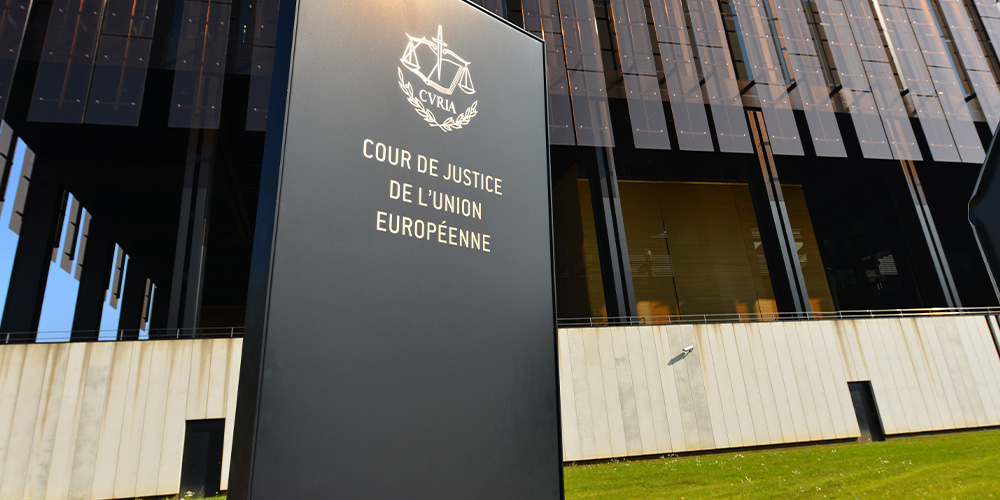Sign up for expert insights, industry trends, and key updates—delivered straight to you.

Background
GE Aircraft Engine Services Ltd (“GE”) operated an incentive based reward scheme referred to as the “Above & Beyond” scheme. Staff could nominate each other for rewards under the scheme on the basis of exceptional performance, this included staff being awarded with retail vouchers, which could be used in a variety of retail outlets. The vouchers were purchased by GE UK from GE US (who sourced the vouchers from a third party supplier). As GE UK was in receipt of the vouchers from a supplier established outside the EU (pre-brexit) GE UK accounted for VAT on the reverse charge basis, taking full deduction when doing so. GE UK did not account for VAT on the subsequent issuance of the vouchers to employees.
HMRC raised VAT assessments for this output VAT. HMRC claimed that output VAT should be accounted for under Article 26(1)(b) of Council Directive 2006/112/EC of 28 November 2006, being VAT due on supplies made free of charge for the private use of staff. In this regard the UK First-tier Tribunal (Tax Chamber) referred a number of questions to the CJEU for opinion;
- Where vouchers for third party retailers are issued to employees as recognition for high performance, is the issuance of these vouchers subject to VAT under Article 26(1)(b) of the VAT Directive?
- Is there significance in the fact that the employer has a business purpose for issuing the vouchers and that the vouchers are for the staff member’s private use?
CJEU findings
The CJEU held that the “Above & Beyond” scheme was established for the purposes of “the pursuit of additional profits” and had positive impacts “in terms of performance and profitability”. On this basis, the CJEU held that the supply was not a supply made free of charge to staff, for personal purposes. The scheme was essentially for business purposes and any personal advantage to employees was “merely incidental to the needs of the business”. In addition, the CJEU was of the view that if GE was required to account for output VAT on the issue of the vouchers, this would lead to double taxation on the basis that the vouchers were multi-purpose vouchers with VAT arising on their redemption.
Conclusion
In summary a supply of services consisting, for a business, in offering retail vouchers to its employees, in the context of a programme set up by that business, designed to recognise and reward the most deserving and high-performing employees, does not fall within the scope of VAT.
Taking account of the specific fact pattern of the case businesses should consider the implications arising, if any from their reward schemes. If you have any questions on this case or any other Indirect Tax matters please feel free to reach out to any member of the Indirect Tax team or your usual contact at Grant Thornton.